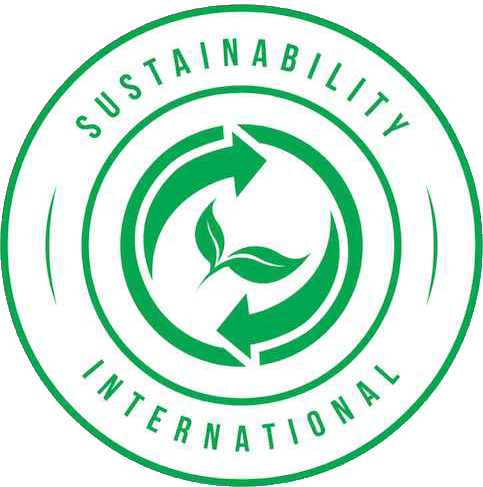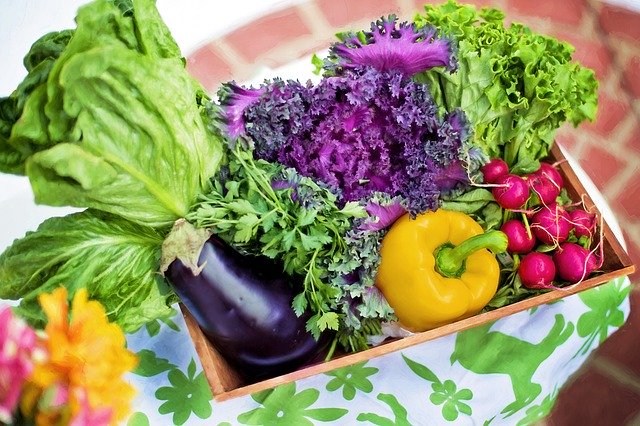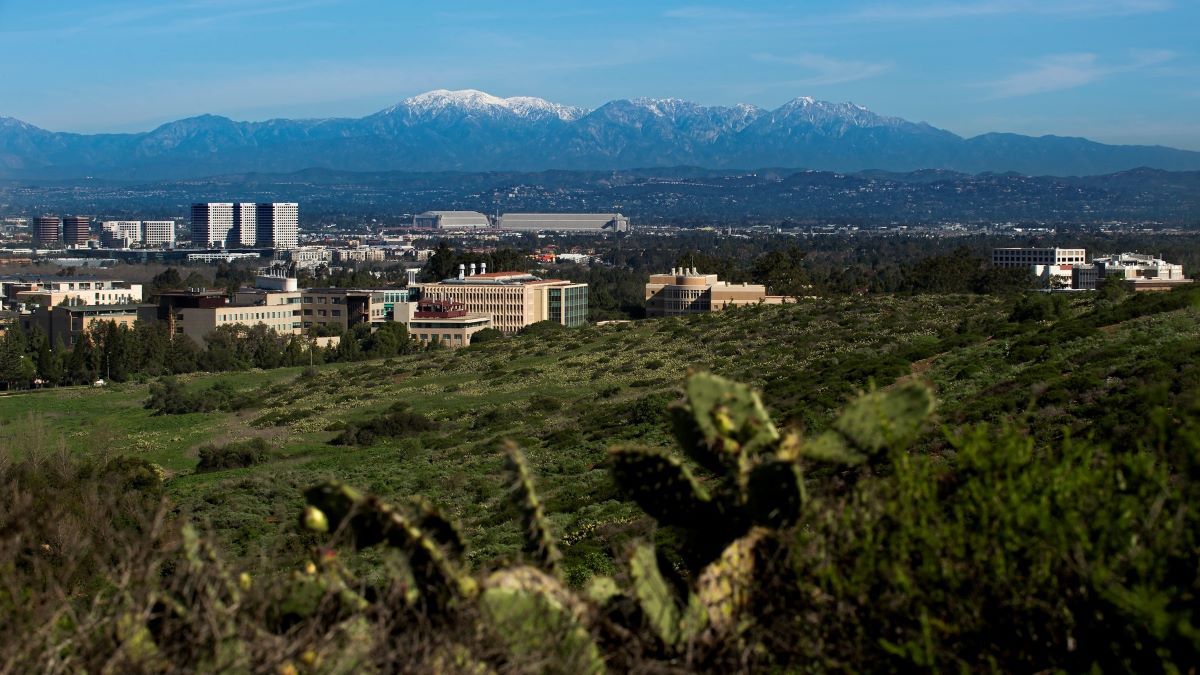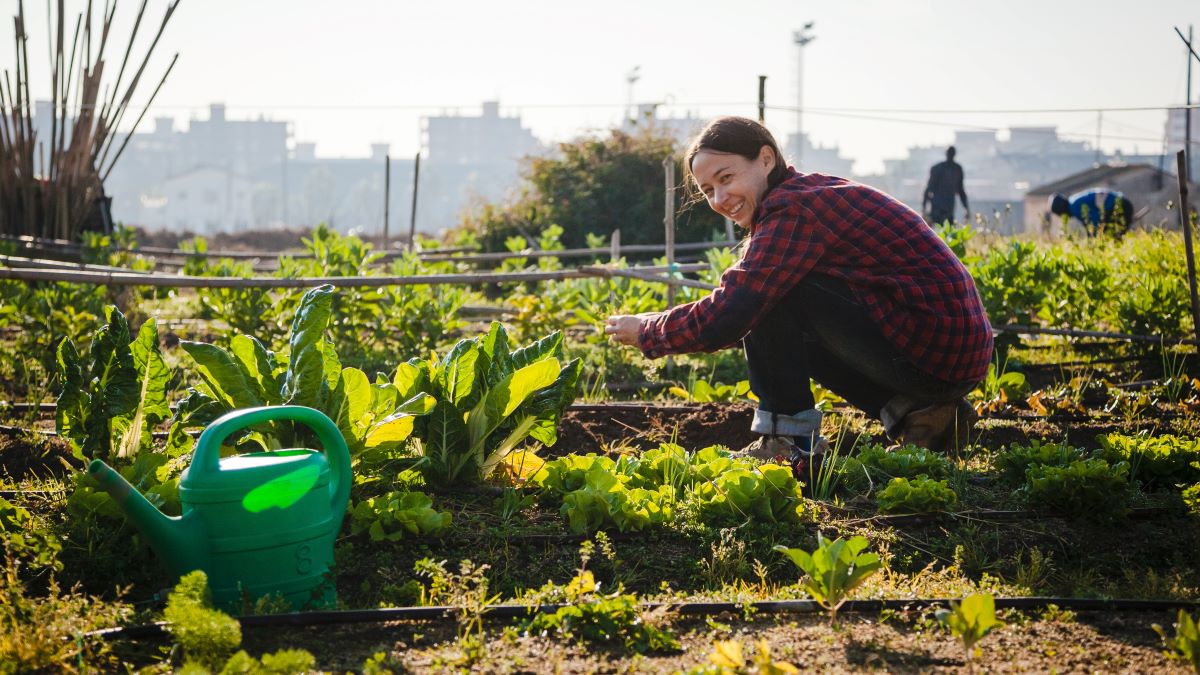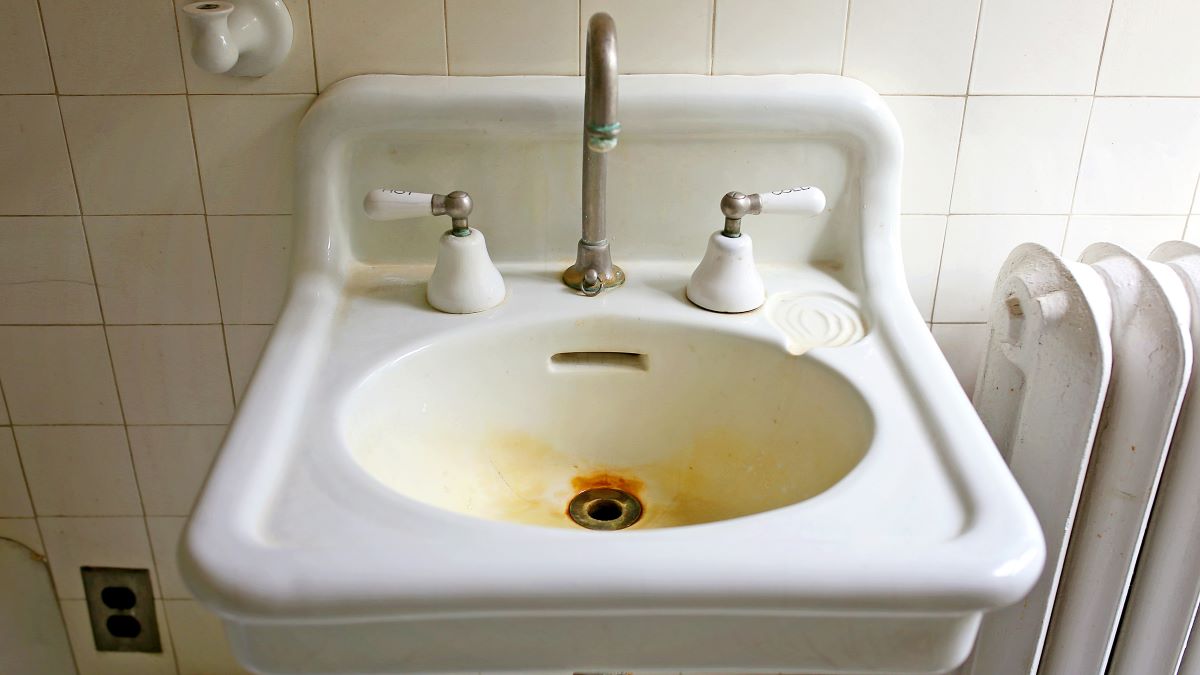From the Victory Gardens of World War II to the back-to-the-land-movement of the ‘60s to the present day, a home vegetable garden has symbolized healthful and sustainable living. But gardeners are not guaranteed cheaper, more environmentally friendly vegetables.
There are many potential benefits of vegetable gardening. It’s good exercise shown to be correlated to long life. Home-grown produce is often fresher and more flavorful than what’s available at the store. And growing vegetables at home can be cheaper and more environmentally friendly than buying them. Home gardeners also help preserve the genetic diversity of our food crops.
If you aren’t careful, you can end up using a lot of water and dumping a lot of chemicals to grow expensive vegetables. In that case, you might be better off leaving the growing to the farmers.

Water
Commercial agriculture is the biggest use of ground and surface water in the United States. It accounts for approximately 80% of the nation’s water consumption overall, and more than 90% in many western states. But the image of a homeowner standing outside in the late afternoon, aiming a hose at the vegetable garden is a clue to how wasteful homegrown vegetables can be.
According to the EPA, 30% to 60% of total household water is used outside. Our lawns and gardens soak up precious freshwater.
A garden hose can emit up to 24 gallons of water per minute, delivering water much more quickly than the soil can absorb. As much as 50% of water distributed by sprinklers is wasted due to wind, evaporation, and runoff caused by inefficient watering. A poorly maintained automatic irrigation system can waste up to 25,000 gallons of water annually.
Tip: Limit your watering to drip-irrigation of your garden, don’t turn on the sprinkler and walk away.
Fertilizer
Farmers have an economic incentive not to waste fertilizer. But the runoff from farms is still so high in nitrates that nearby well water is often unsafe to drink. Home gardeners are equally susceptible to the “more is more” mentality and are even less likely to carefully measure fertilizer applications.
Not only does overfertilization harm garden plants, the nutrients from commercial fertilizers are quickly leached from garden soil. Once fertilizer leaves your vegetable garden beds, it has the same environmental impacts as farm fertilizers — namely, contaminating water, feeding algal blooms, and even contributing to climate change.
Tip: Limit use of fertilizer, insecticides and even natural soil augmentation to reduce run-off of those materials into nearby groundwater.
Pesticides
Pesticide use is a huge problem with multiple harmful impacts. Each year, agriculture in the U.S. uses about 900 million pounds of 17,000 pesticide products.
By contrast, the 59 million pounds of pesticide used in home gardens seem inconsequential. But on a per-acre basis, home gardeners use more pesticides than farmers do — by some estimates up to 10 times more. This overuse can lead to pesticides escaping the garden into the environment. This pesticide drift endangers local ecosystems and human health.
Home gardeners tend to underestimate the toxicity of the products they use. They do not always follow safety protocols, which creates health risks from exposure during application, and unsafe storage creates a risk of poisoning, especially for pets and children.
Tip: Use little or no fertilizer or pesticides, and limit the use of soil supplements.
Green Vegetable Gardening
All of this doesn’t mean that the produce from your garden can’t be greener than what you buy at the store — it just isn’t automatically so. Home gardeners can be water-wise. They have the luxury of choosing crops and varieties that are drought tolerant or have water needs that match their local climate. They can also use gardening techniques like self-watering and drip irrigation that are not always a viable choice for commercial operations. WaterSense labeled sprinklers and irrigation systems can save nearly 7,600 gallons of water a year.
Organic does not necessarily mean nontoxic, but organic growing methods are generally more sustainable. Organic fertilizers often improve soil tilth in addition to nutrition, and because they are absorbed slowly, need to be applied less frequently. Nitrogen-fixing cover crops and compost mulch (or even peecycling) can reduce or eliminate the need for any commercial fertilizers. Avoiding synthetic pesticides in favor of natural pest control methods and homemade pest repellents will keep your garden safer, too.
Even Greener
Thinking about your vegetable garden’s use of and effects on water and soil is a great start. To make your garden even greener, learn to compost. Make sure the seeds you buy are organic, or save and trade your seeds. Learn about companion planting and other practices that attract pollinators like bees. Grow extra to donate to food banks. Homegrown veggies are not always the greenest choice, but with a little effort, they can be.
The post Home “Eco”nomics – Vegetable Gardens appeared first on Earth 911.
